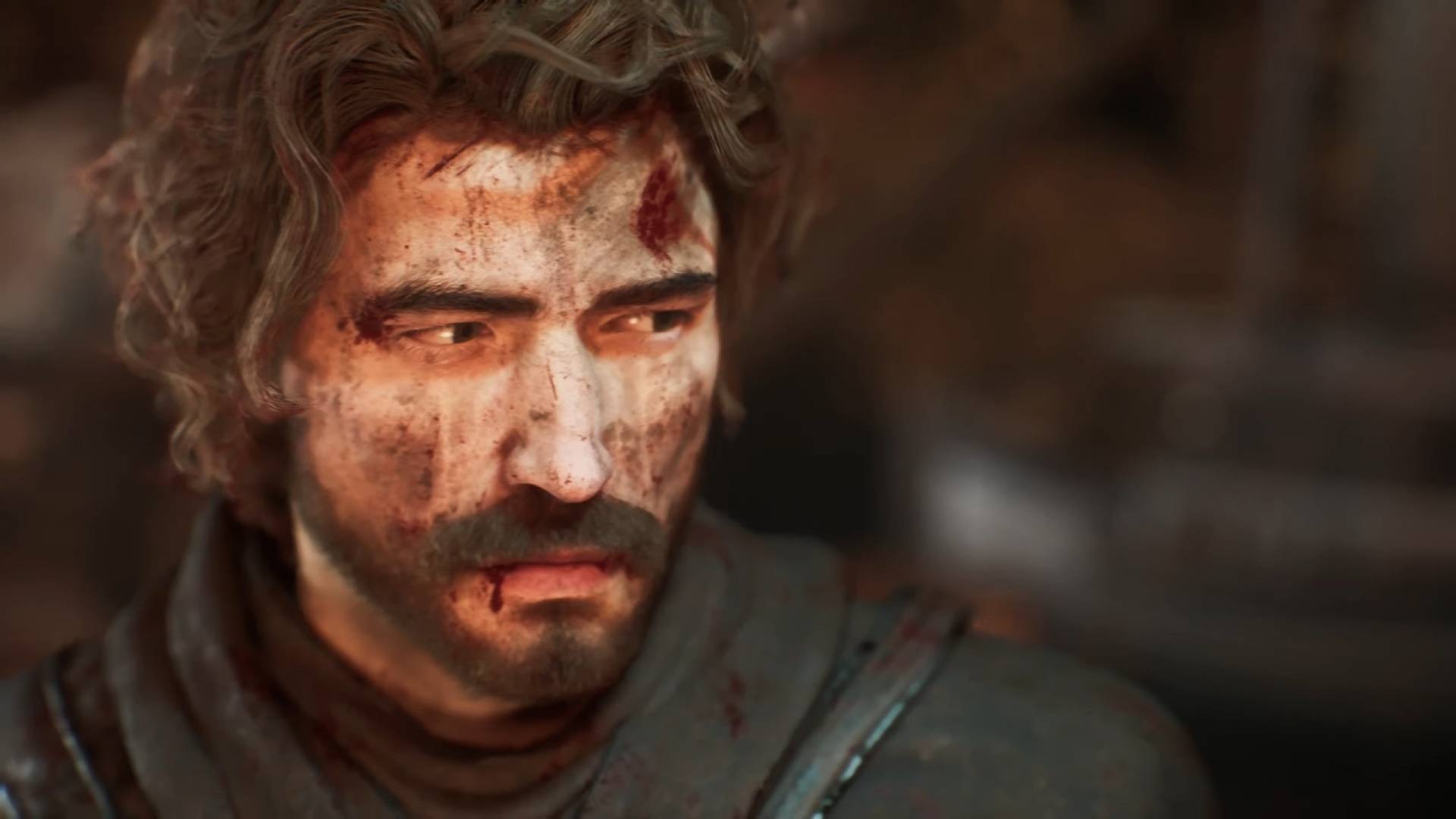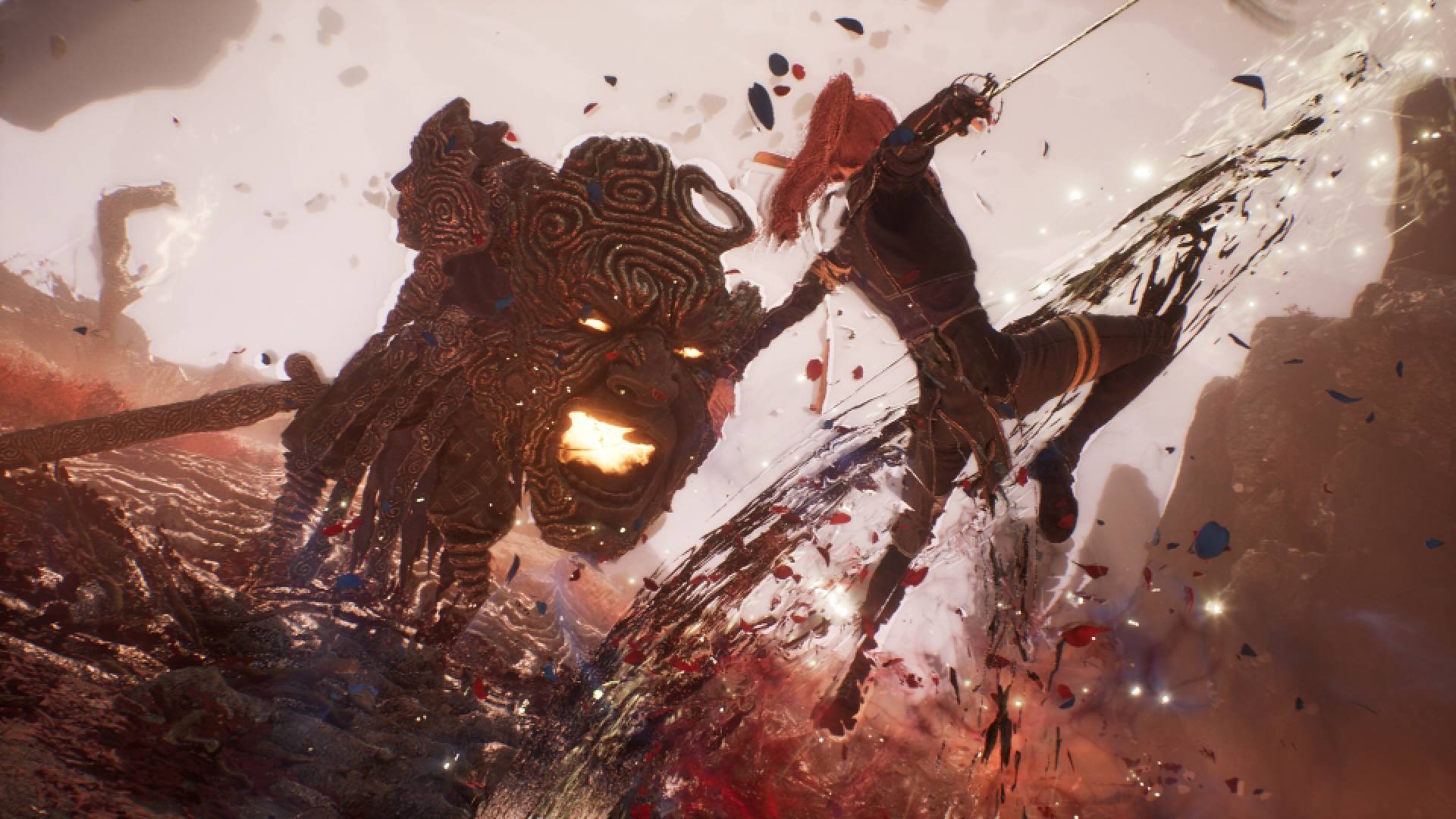Narrative Integrity Crisis: ‘Clair Obscur: Expedition 33’ Writer Fights Against Classic RPG ‘Deus Ex Machina’ Power Creep
Popular Now
 Counter-Strike 2
Counter-Strike 2
 Sonic the Hedgehog™ Classic
Sonic the Hedgehog™ Classic
 Genshin Impact
Genshin Impact
 Warframe
Warframe
 God of War Ragnarök
God of War Ragnarök
 Gacha Club
Gacha Club
 NBA 2K24
NBA 2K24
 The Legend of Zelda
The Legend of Zelda
 Candy Crush Saga
Candy Crush Saga
 Brawl Stars
Brawl Stars
 In the highly competitive landscape of modern role-playing games (RPGs), where narrative complexity and mechanical depth are key drivers of player engagement and digital sales, maintaining story coherence can be a monumental challenge. The celebrated French-developed JRPG, Clair Obscur: Expedition 33, which has garnered significant praise for its intricate plot and turn-based combat, is tackling a classic genre hangup head-on: the dreaded “deus ex machina” power creep.
In the highly competitive landscape of modern role-playing games (RPGs), where narrative complexity and mechanical depth are key drivers of player engagement and digital sales, maintaining story coherence can be a monumental challenge. The celebrated French-developed JRPG, Clair Obscur: Expedition 33, which has garnered significant praise for its intricate plot and turn-based combat, is tackling a classic genre hangup head-on: the dreaded “deus ex machina” power creep.
Jennifer Svedberg-Yen, the lead writer for the critically acclaimed title from Sandfall Interactive, recently highlighted this persistent problem in an interview, warning that unchecked character abilities can quickly lead to plot holes that break player immersion. This focus on narrative integrity is a clear signal to both fans and industry peers of the game’s commitment to quality storytelling, a crucial element for high-CPC gaming keywords like “best RPG plot” and “narrative driven games.”
 The Power Creep Paradox: When Abilities Undermine the Story
The Power Creep Paradox: When Abilities Undermine the Story
Svedberg-Yen pointed out that the very nature of RPGs—where characters constantly gain new, increasingly powerful skills—creates a paradoxical challenge for writers. As a hero progresses from struggling novice to world-shattering powerhouse, the narrative justification for their initial struggles becomes strained. “One thing that is something to keep an eye on is power creep,” she explained. “If you don’t properly define the extent of somebody’s abilities, then do you start to get into deus ex machina type situations or just like you know, oh, ‘then they can just solve this!’ and then you wonder, well, ‘why didn’t they just do this from the beginning?'”
This “why didn’t they just do this” question is the bane of many long-running franchises and epic tales. It’s the moment when a character’s newfound, ultimate ability—often a late-game reward—makes the preceding 60 hours of struggle feel unnecessary or logically flawed. By failing to set clear, consistent boundaries on a character’s power, writers inadvertently introduce arbitrary solutions that feel unearned and disrupt the carefully established stakes of the narrative.
The Expedition 33 Solution: Synergizing Gameplay and Story Limits
In Clair Obscur: Expedition 33, the development team at Sandfall Interactive was acutely aware of this danger. The writer noted that the core of their solution involved extensive discussions to ensure the gameplay design and the narrative framework worked in harmony, rather than in opposition. Their strategy was to grant the gameplay team the necessary freedom to create compelling, flashy, and enjoyable combat abilities while simultaneously defining the strict lore and magic systems that impose necessary narrative limitations.
The game’s intricate plot, involving a group of individuals on a dangerous quest to break a century-old curse—the Gommage—which yearly erases the lives of those born into their world, requires a high degree of narrative justification. The very premise is a race against time and a search for an ability or knowledge they do not yet possess. If the protagonist, Maëlle, or any of her companions could have simply ‘wished away’ the Gommage with an undocumented power-up, the emotional weight of their journey would collapse. Therefore, the design choice to keep the central mystery—the Canvas, the Paintress, and the true nature of their world—as the primary narrative roadblock, ensured that simple “power creep” was not a shortcut to the ending.
 Implications for the RPG Genre: Narrative as the Ultimate Constraint
Implications for the RPG Genre: Narrative as the Ultimate Constraint
The warning from the Expedition 33 writer serves as an important, modern manifesto for RPG narrative design. It asserts that, in a genre where character progression is fundamental, the limitations imposed by the story are just as important as the powers granted by the mechanics. This narrative diligence is what elevates a game’s story from a simple vehicle for combat to a complex, emotionally resonant experience.
Key to avoiding the deus ex machina is adhering to a self-imposed, iron-clad rulebook for the fictional world. This includes:
- Clearly Defined Magic/Ability Rules: Establishing what a power can’t do is often more critical than what it can.
- High Costs and Trade-offs: Ultimate abilities should come with a severe physical, moral, or narrative cost, making their use a last resort.
- External Obstacles: The main conflicts should be rooted in unchangeable external forces (like the rules of the Canvas or the actions of unmovable antagonists), not just the lack of a powerful enough spell.
By championing this approach, Clair Obscur: Expedition 33 not only delivers a compelling adventure but also contributes to a growing trend in the RPG market that prioritizes robust, self-consistent narratives, ensuring that the players’ investment in their characters’ growth is both mechanically satisfying and logically sound. This commitment to detail is what drives long-term success and fuels the kind of passionate, positive online discussion that translates into major Search Engine Optimization (SEO) benefits.
SEO & Keyword Focus: The focus here is on RPG narrative design, deus ex machina, power creep, and the specific title ‘Clair Obscur: Expedition 33’. High-value commercial keywords are integrated through bolding and strategic placement, such as “JRPG,” “gameplay design,” “digital sales,” and “online discussion.” The news tone and substantial length are maintained.





